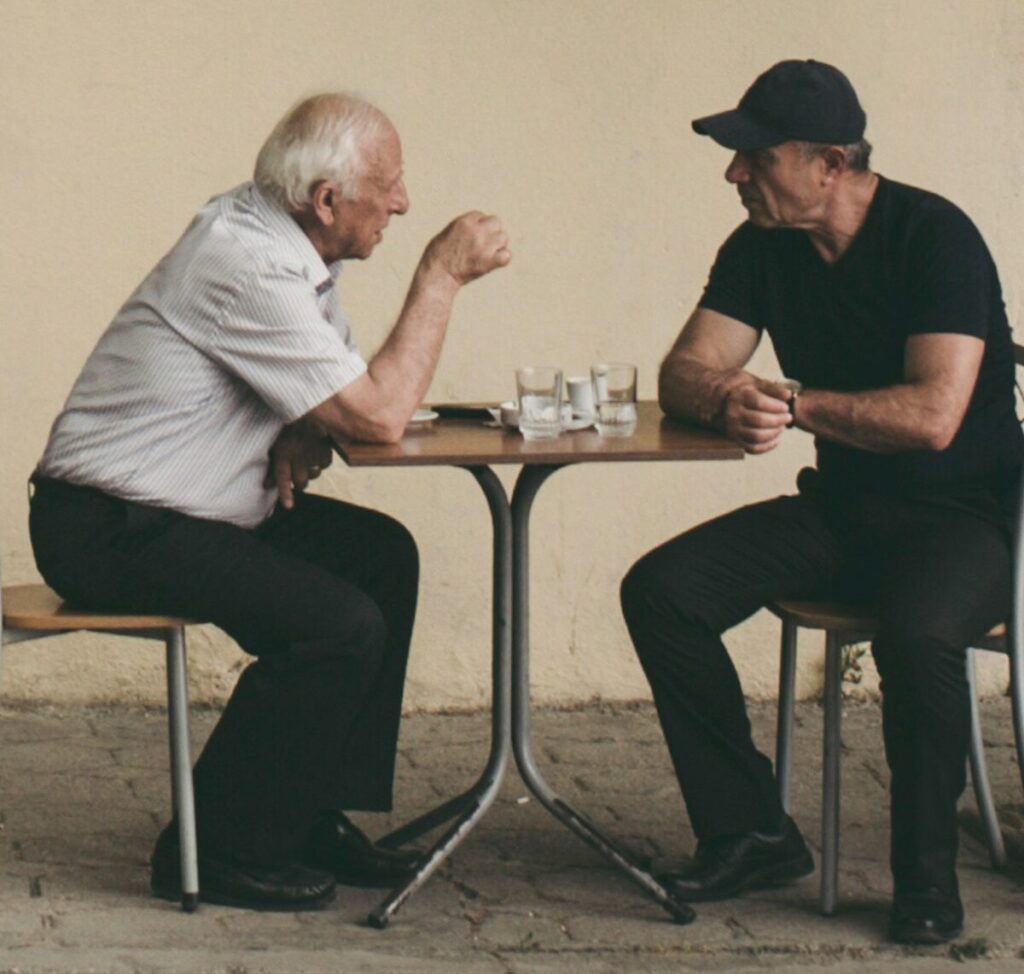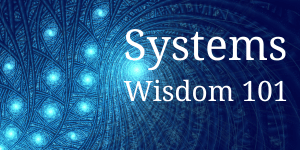Case Studies That Inspire
I work as a clinical social worker helping male offenders of domestic violence see themselves and the world differently, so they can make better choices in life.
In addition to my day job, I worked in Kaikoura to help the community deal with post-traumatic stress and anger issues after the devastating earthquake in 2016 that had a huge impact on this small New Zealand east coast community.
I’m also engaged in mens’ groups, both as a participant and as a co-organiser of mens’ events.
On this page, you can get inspired by how I weave complex systems wisdom into my practice with clients.

I Teach Skills to Resolve Differences with Other People
When I work with clients in the realm of domestic violence, the aim is to gain knowledge about how we function as human beings and learn skills, so we can be more effective at resolving differences with other people. Often there has been something happening in the person’s life that sees them seeking help, or they are being instructed by the court to attend a programme.
Dave - Deeper Conversations
Four levels of Life
Dave came realising that his life was not working for him, but did not see how his actions contributed to his problems. He found ways to justify his actions, so his problems were caused by other people.
We start by looking at the four levels of life and how they play out in our lives. At the lowest level is the body level. Our body has a wisdom that knows directly. We react to the world through our bodies. Instincts operate automatically at the body level. The instinctual level is concerned with our immediate well-being in the moment.
Above that we have the emotional level, We move towards situations that give us pleasure and away from situations that cause pain or distress. The emotional level works on the time scale of minutes. ‘
Above that is the thinking level, where we can imagine futures many years off. Here is our logic and rational thinking.
Above that yet again, is the social level, where we fit in with all the rules and culture of our community, so we can collaborate with the people around us.
Dave came to learn how the levels sometimes clash and try to take over each other. He would recognise times when his anger overshadowed his thinking and social mind and led to actions that were not helpful. If our lower instinctual brain feels threatened and is concerned about safety, it will often try to shut down higher areas of the brain, because it thinks they will slow it down from being able to cope with the emergency.
Wild animals live under the constant threat of injury or death, so the immediate instinct to fight or run makes sense for them. But for us, we are very unlikely for our life to be under a real threat to our survival. It is much more likely that we have time to stop and think of the longer-term consequences of our actions.
Dave learned skills like the 1:10 scale to monitor his emotions and breathing techniques to help him stay calm. Over time he came to see that sometimes the way he was responding to people, made things worse rather than better. And the more he noticed this, the more he found he could choose other, calmer, more respectful ways of responding to people. He found himself more able to step back and really listen to what others were saying.
As his behaviour changed, he found the people around him became calmer and more willing to have deeper conversations that built stronger relationships.
Men's Groups
Building Strong Bonds For Life
I have been involved with men’s groups since 1982. Most of that time was spent just as a member of a group. As I shifted around I had to find new groups to join. In Australia I could only find an older men’s group. Many of the men, from their 50s to their 90s had been farmers, who shifted to small flats in the city at home all day with their wife. It was a difficult transition, so used to working alone, outdoors in tough physical work to being at home in a small place, unable to do so many things they did before.
Back in the Nelson region, I became involved in promoting and supporting men’s groups, running men’s events, and establishing new groups. I have been amazed how very ordinary men have such deep issues to be dealt with. Men often come with stories of depression, suicide attempt, health issues, addictions, relationship issues and so much more. Once a safe environment is created, the groups can dive very deeply surprisingly quickly. This is especially so on the weekend retreats when the atmosphere builds and deepens.
I worked for six years travelling weekly or two-weekly to Kaikoura to provide non-violence programmes. In spite of being on a main highway through the South Island, it is an isolated town. It still has much of the rural atmosphere and social connection that is not found in larger cities, particularly as they pulled themselves together through the Kaikoura Earthquake of 2016. I had regular meetings with Police and the intact social connections meant policing was still a community activity, with a significant amount of work quietly happening in the background. As the non-violence programme progressed, we held an evening course, which formed a tight group of men, who continued as a men’s group that remains active and strong to this day. The Kaikoura group is unique in how much the men interact in each other’s lives between group meetings, going fishing, collecting firewood, checking up on each other and so much more.

Want to Start with Systems Wisdom?
Unlock the Free Tutorial
This free tutorial walks you through the concepts of Systems Wisdom. It’s ideal for helping professionals who are new to the holistic world of systems or who want to grow their understanding beyond systems thinking.
You’ll also receive my monthly Reconnect email with tips and inspiration for an impactful practice and to develop your personal growth.


